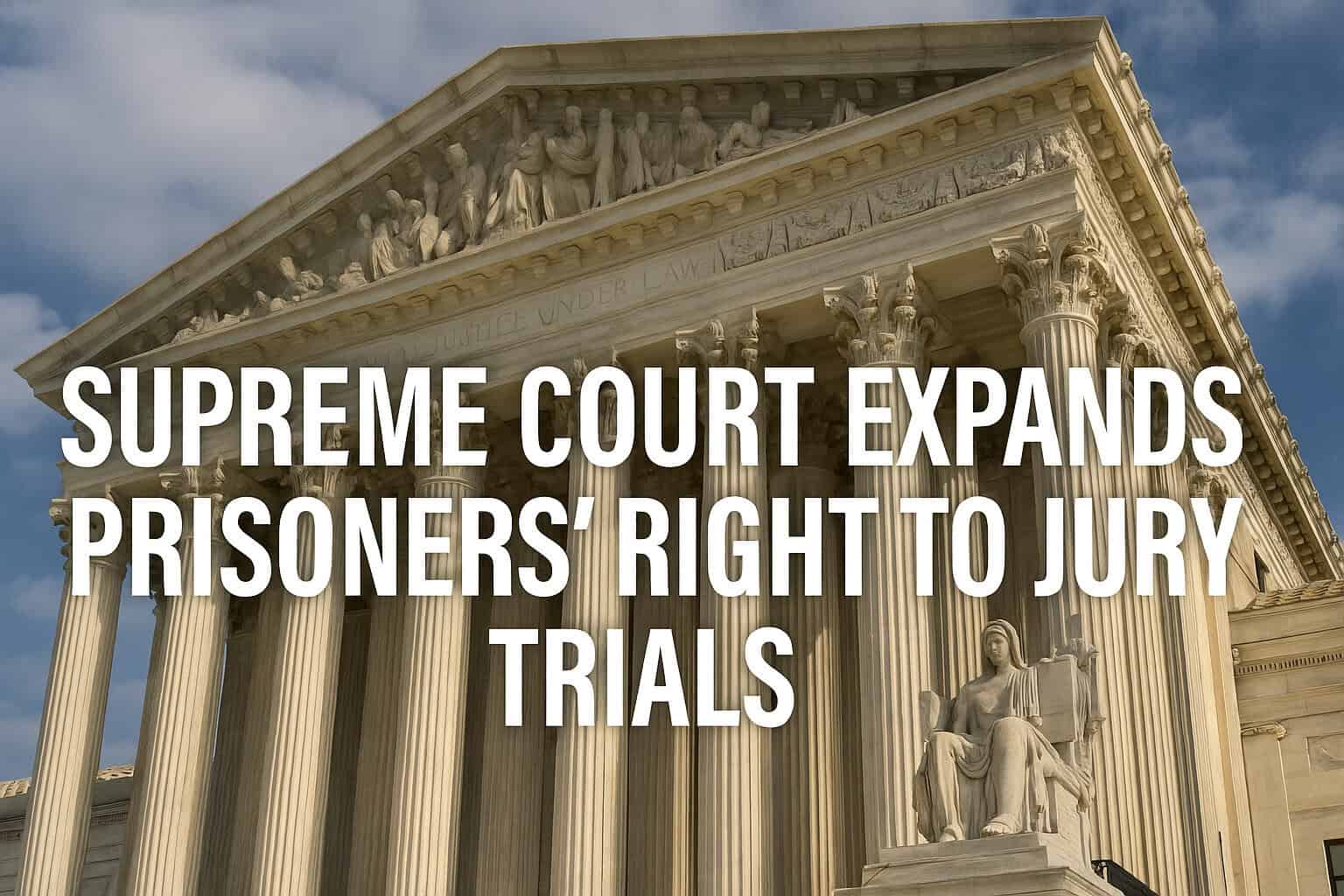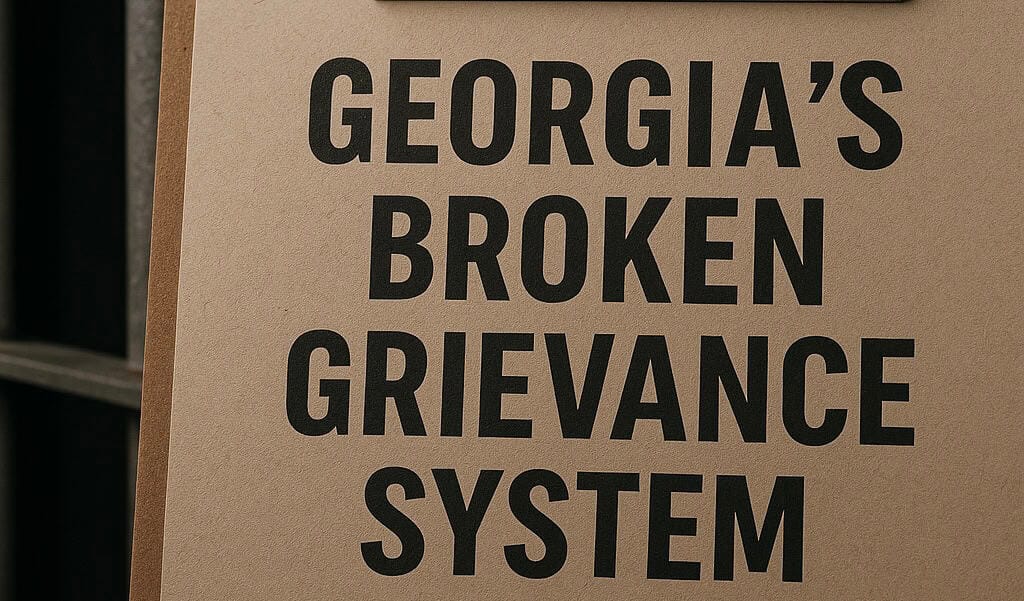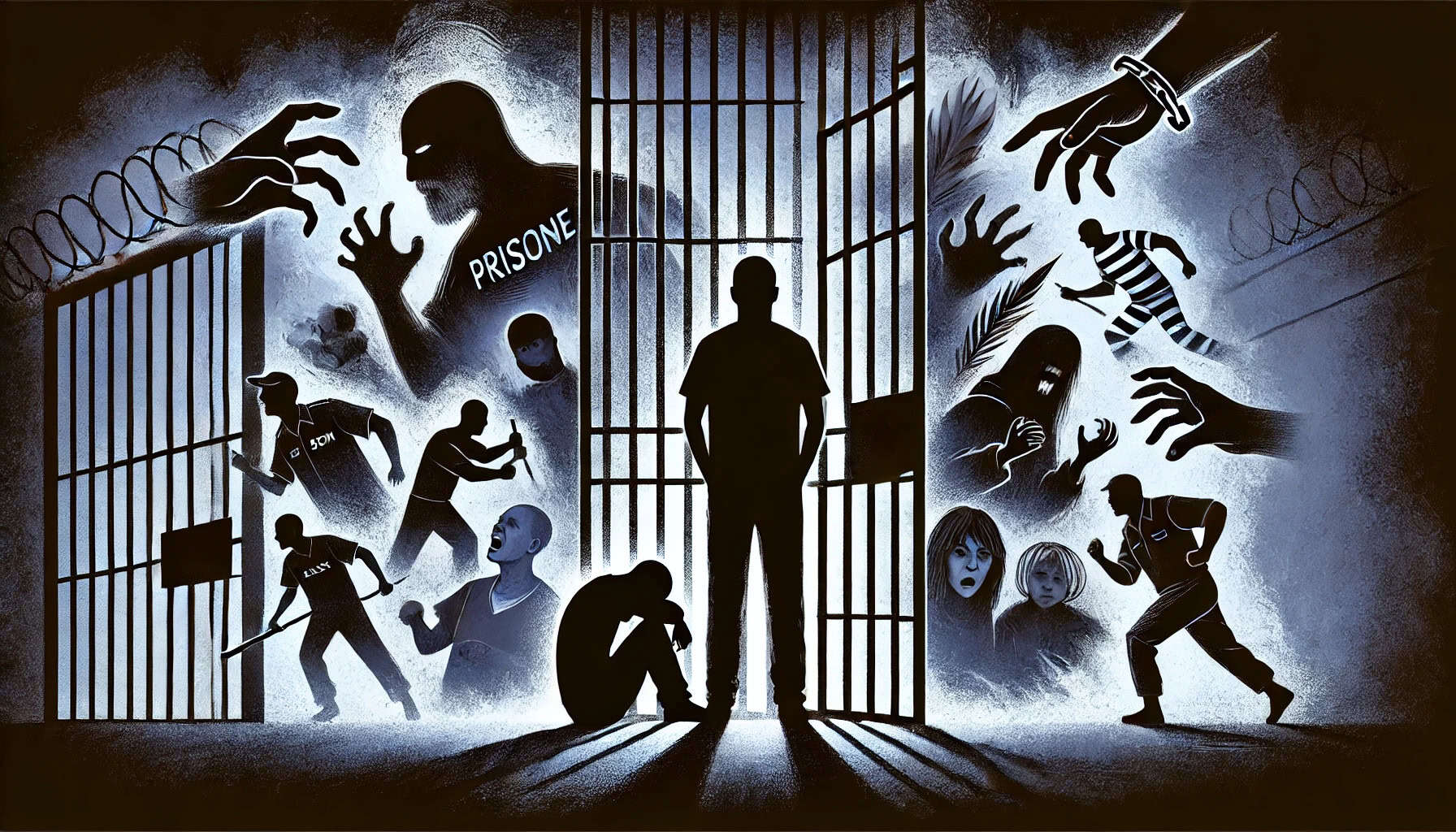A Constitutional Betrayal: Georgia’s Deadline on Freedom
Georgia’s habeas law is unconstitutional. It gives prisoners just 4 years to prove their innocence—while the state blocks law library access, removes books, and forces them to teach themselves legal research. Wrongful convictions often take decades to uncover. Georgia’s deadline isn’t justice—it’s a trap.









